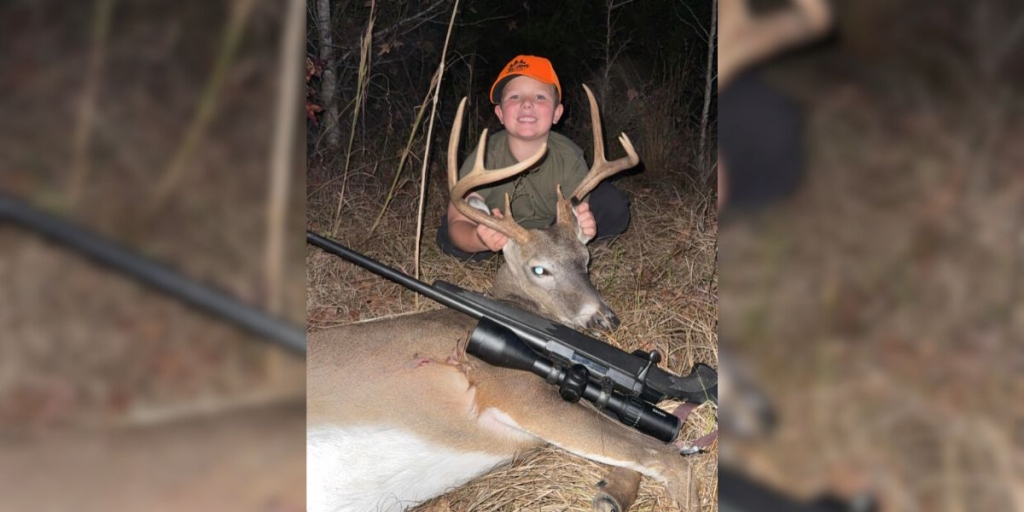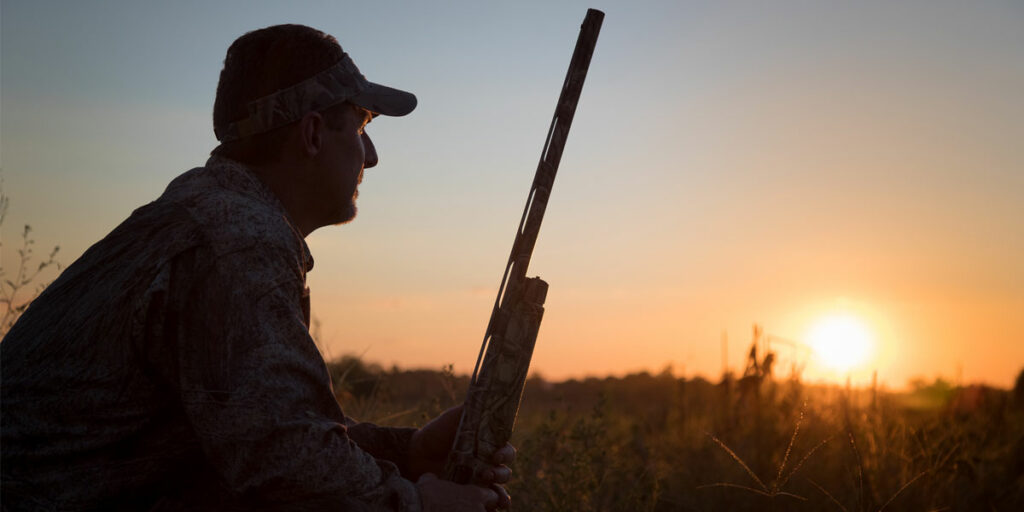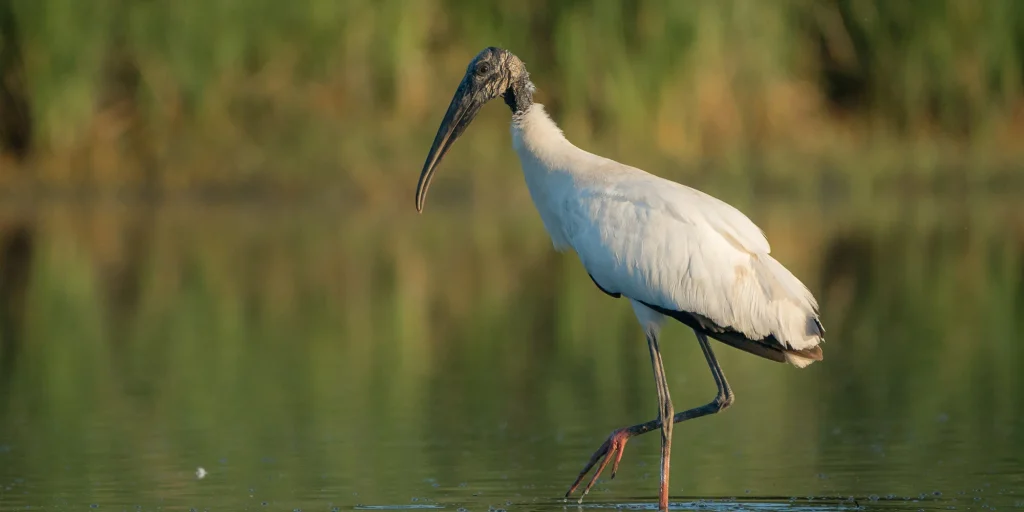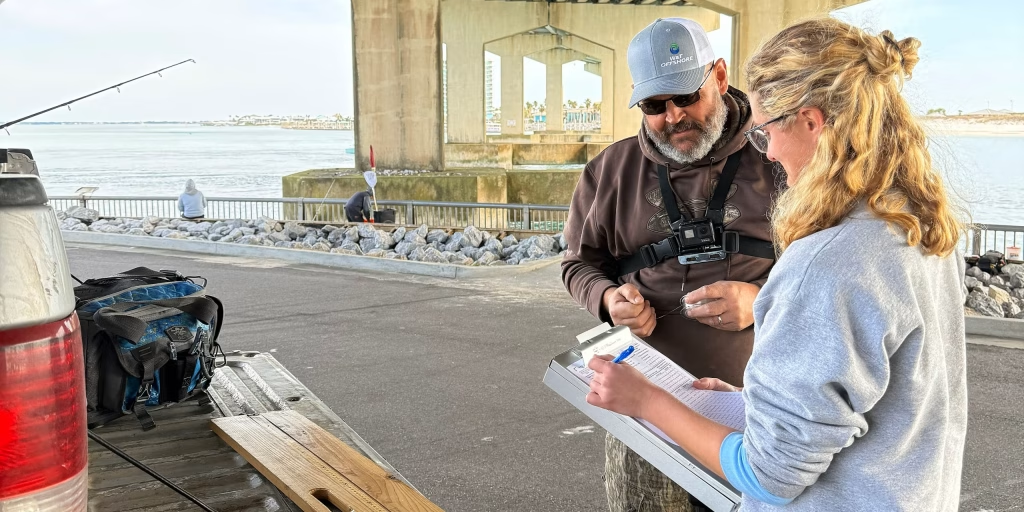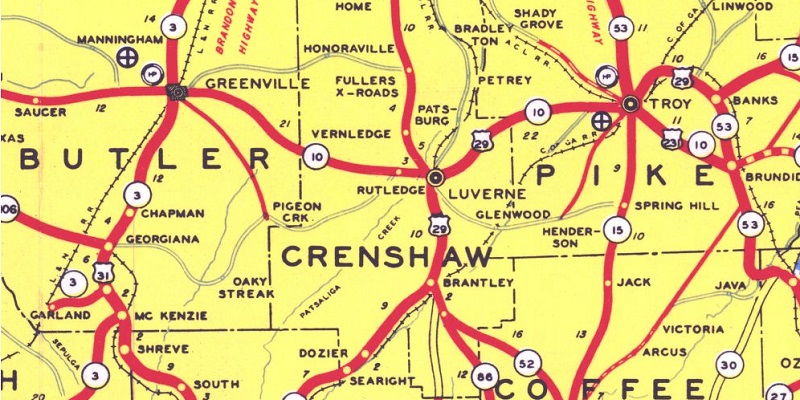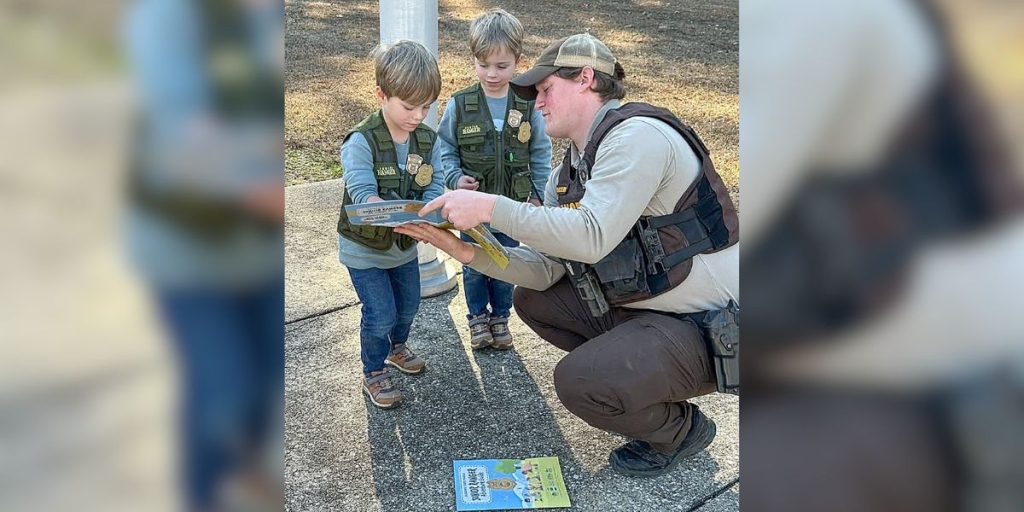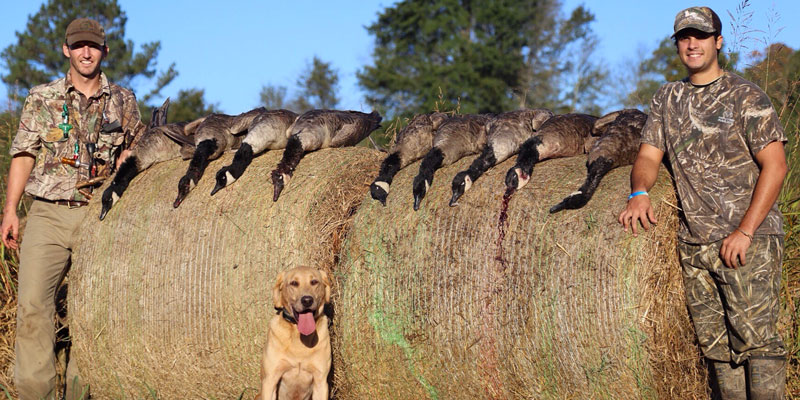
If you’re passionate about the outdoors and think those endeavors will be limited to a hobby or favorite pastime, think again. The University of Montevallo in central Alabama has a path to convert your outdoors activities into a career.
The President’s Outdoor Scholars Program allows students to tailor their studies en route to a degree that could translate into a career in the outdoors industry.
Montevallo President Dr. John Stewart III, an avid outdoorsman with a penchant for offshore fishing, remembered how he was separated to some extent from his favorite pursuits when he went away to college.
“Two things really informed my thinking, considering a program that would morph into something like this,” Stewart said. “My parents hadn’t been to school, so it was a daunting time for me. I loved hunting and fishing, but when I went away to college, it was tough to find somebody who shared those same passions and interests. Unless I was home for the holidays or at home working during the summer, I was out of action for the rest of the year as far as hunting and fishing. That’s one thing that just stuck with me.
“The other thing was thinking about enrollment, and what brings kids to colleges, and should we, as institutions, encourage them to see if those passions can be matched up with a career. The people I’ve known who are happiest are doing what they love as a career. So that came into the idea.”
Stewart approached William Crawford, who was already working on the Montevallo campus, about an idea to merge a love of the outdoors with a formal education.
“In our part of the world in Alabama, what do people think about more than football and each other? That’s hunting and fishing,” Stewart said. “I knew William was a hunter and a respected breeder and trainer of retrievers.”
When Stewart shared his idea with Crawford, the response was, “I think they’d love it.”
Stewart considered Crawford a perfect fit for the director’s job. Crawford, who holds a master’s degree, has been a recruiter and fundraiser professionally, and he also runs Silver Banded Retrievers, raising and training retrievers. Crawford also played baseball at the University of West Alabama.
“I couldn’t think of a better person with a better background to trust the safety and welfare and student experience with,” Stewart said.
The way the President’s Outdoor Scholars Program was integrated into the school was through the Interdisciplinary Studies (IDS) Program, which was implemented not long after Stewart became president 15 years ago.
“We forged an IDS degree with the idea that a student with any passion could hammer out a major course of study that would lead to a career,” he said. “I remember the very first student to graduate with an IDS degree finished with an audio-visual major. The kid was just passionate about a high-level career in audio-visual work. Now we’ve got a curriculum, most but not all in the College of Business, in outdoors resource management.
“The aspect of the program that was attractive to me is this is a way I can connect with students a lot younger than I am who come to our institution. It’s a unique way for me to get to know students. So far, we’re really happy with the progress.”
Crawford said in the beginning the President’s Outdoor Scholars Program amounted to extracurricular activities to keep the students connected with the outdoors.
“Very early in the program, it was brought to our attention that these students wanted more,” Crawford said. “They wanted a degree track. We started working on a program tied to the academic side that allowed students to do that.
“Starting this spring, we will start, through IDS, a program where a student can create their own major. With that, we’ve already developed a layout for the program for them to accomplish that. About 90 percent of our students in the program are going through the College of Business. They wanted to do something with the business side of the outdoors.
“We developed a program that’s called outdoors resource marketing. What sets that aside and makes it a little different than a typical marketing degree, it will have different components tied to other areas on campus. For example, retail will be added from our Family and Consumer Sciences majors. Also, some entry-level video production is included because today’s time in the outdoors, everything is shifting to digital content. You see a lot of videos on social media now. Our students will get skillsets in several different areas that can be combined into a major that will make them more well-rounded for this industry.”
Crawford said if a student wants to go in a different direction, perhaps in conservation or land management, the curriculum would go to Environmental Studies with courses in biology.
“We have one student who wants to raise quail and run a quail farm,” he said. “Of course, he needs to know about these animals and how they act. We’ve got biology for that. But he also needs to know how to run a business, so we can provide some business background. Ultimately, it’s up to the student and what they want to do. We can develop and personalize a program specifically for them.”
During the students’ outdoors studies, Stewart said Crawford lines up events for them to meet leaders in the outdoors industry through their guest speaker program.
“They’ve had lunch and tours with the president of Mossy Oak, Toxey Haas, and vice president Bill Suggs,” Stewart said. “They’ve been to Duck Commander. Jackie Bushman with Buckmasters has been a real champion for our program. He talked at our first banquet.
“What William said that I’ve found to be true is the outdoors industry is so huge, but from a people perspective, it’s pretty small.”
Stewart and Crawford are fully aware of the economic impact hunting has on Alabama, to the tune of $1.8 billion annually.
“I had the opportunity to speak at the Professional Outdoors Media Association (POMA) last year, and I was just astounded at the economic impact hunting and fishing have across the nation,” Stewart said.
The 39 students currently enrolled in the program are treated to perks that would be the envy of anybody who loves the outdoors. Students are treated to trips that expose them to outdoors activities they’ve never experienced. Stewart pointed out that no taxpayer money is used for the trips, which are paid for with private donations.
“Most of our students grew up deer hunting and bass fishing,” Crawford said. “Of course, we want them to continue to enjoy the things they’ve always done. But we also want to introduce them to new adventures.
“We’ve been redfishing in Venice, La., fished for blue marlin in the Bahamas, quail hunted in Alabama, duck hunted in several places as well as deer hunted. We’ve been bowfishing on the Alabama coast. We’ve got a trip to Colorado lined up for the spring to go turkey hunting. I tell the students if they can think of it, we’ll go and do it.”
Stewart added, “If we can expose them to lots and lots of different aspects of the sporting life, then that’s a good curriculum.”
Crawford said one of the students had never been waterfowl hunting until he was taken on an early season goose hunt.
“It was one of the best waterfowl hunts I’ve ever been on,” Crawford said. “I’ve been hunting waterfowl for about 15 years. I kind of felt bad for him because this was his first one. I told him, ‘You’ll never have a trip like this in a long time.’ But what it did was it sparked another interest. He bought all this waterfowl gear and really got into it. He got into a lease and bought a dog to train to retrieve. What that’s doing is, No. 1, it gives him a new passion, but it also pumps money into the economy from the outdoors industry. It goes full circle in everything we do.
“And the great thing about our program is some of the extracurricular activities can now count toward credit for a student to graduate. We want our students to pick a career that they’re passionate about. If they’re passionate about it, they’ll be successful.”
David Rainer is an award-winning writer who has covered Alabama’s great outdoors for 25 years. The former outdoors editor at the Mobile Press-Register, he writes for Outdoor Alabama, the website of the Alabama Department of Conservation and Natural Resources.




